Leiden-Delft-Erasmus Universities stands for multidisciplinary cooperation: bundling the disciplines that the three universities offer together. More and more issues require a combination of alpha, beta, gamma, engineering and medicine, and that combination of knowledge is exactly what is abundantly available in South Holland.
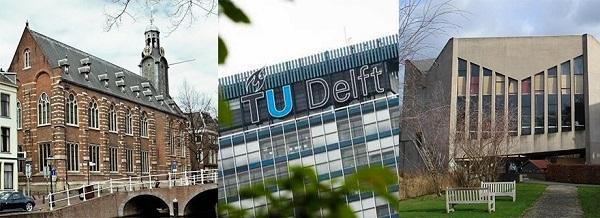
In the alliance of Leiden University, TU Delft and Erasmus University Rotterdam, for example, legal scholars, engineers, economists and sociologists work together on topics such as migration, climate change, health, urbanisation.Often, the collaboration also goes a step further, beyond the walls of the universities, interacting with businesses, governments or social institutions through projects involving researchers and students.
In the Financieele Dagblad of 30 September 2024, administrators, researchers and entrepreneurs talk about the importance of this cross-disciplinary collaboration, for both science, the economy and society as a whole. Read the full article here (pay wall)
Cooperation is useful but not obvious because of the publication pressure researchers experience.The universities are therefore making great efforts to bring disciplines together around pressing issues through various joint Leiden-Delft-Erasmus centres, research programmes, impact papers, courses and dissertation workshops. Speaking about this in the FD, Annetje Ottow, president of Leiden University and Leiden-Delft-Erasmus Universities.
Young researchers are often ambitious and want to tackle world problems. So they also want to collaborate with other disciplines.'
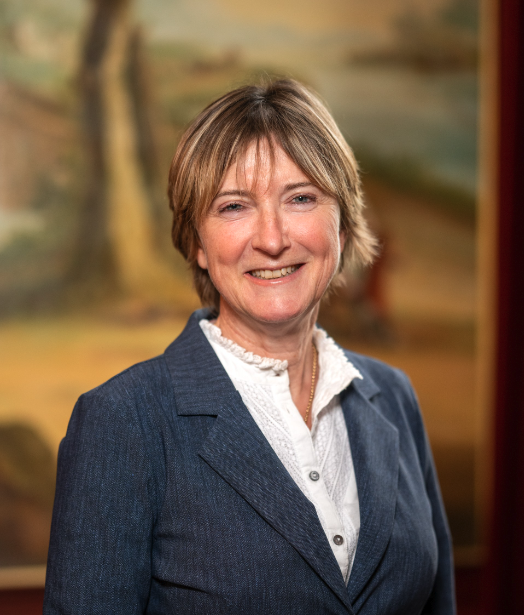
Strengths and challenges of differences
Interdisciplinary collaboration does not always go without a hitch.Researchers who look beyond the borders of their fields still have a hard time getting recognition, says Annetje Ottow, chair of the LDE association. 'Young researchers are often ambitious and want to tackle world problems. So they also want to collaborate with other disciplines. But as a scientist, you are judged on publications and citation scores in specialised journals.'
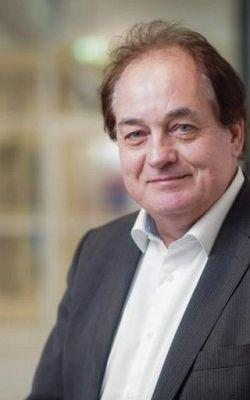 Wim van den Doel, Dean of Leiden-Delft-Erasmus Universities, points in the FD article to cultural differences between the universities: ‘In Delft, they look at a problem very straightforwardly and want to get to work on a solution right away, while in Leiden, they first dwell extensively on the definition and analysis of the problem.’
Wim van den Doel, Dean of Leiden-Delft-Erasmus Universities, points in the FD article to cultural differences between the universities: ‘In Delft, they look at a problem very straightforwardly and want to get to work on a solution right away, while in Leiden, they first dwell extensively on the definition and analysis of the problem.’
That these differences are also a strength when they come together around an urgent problem, such as waste and circular economy, is highlighted in the Circular Circuits case study discussed.
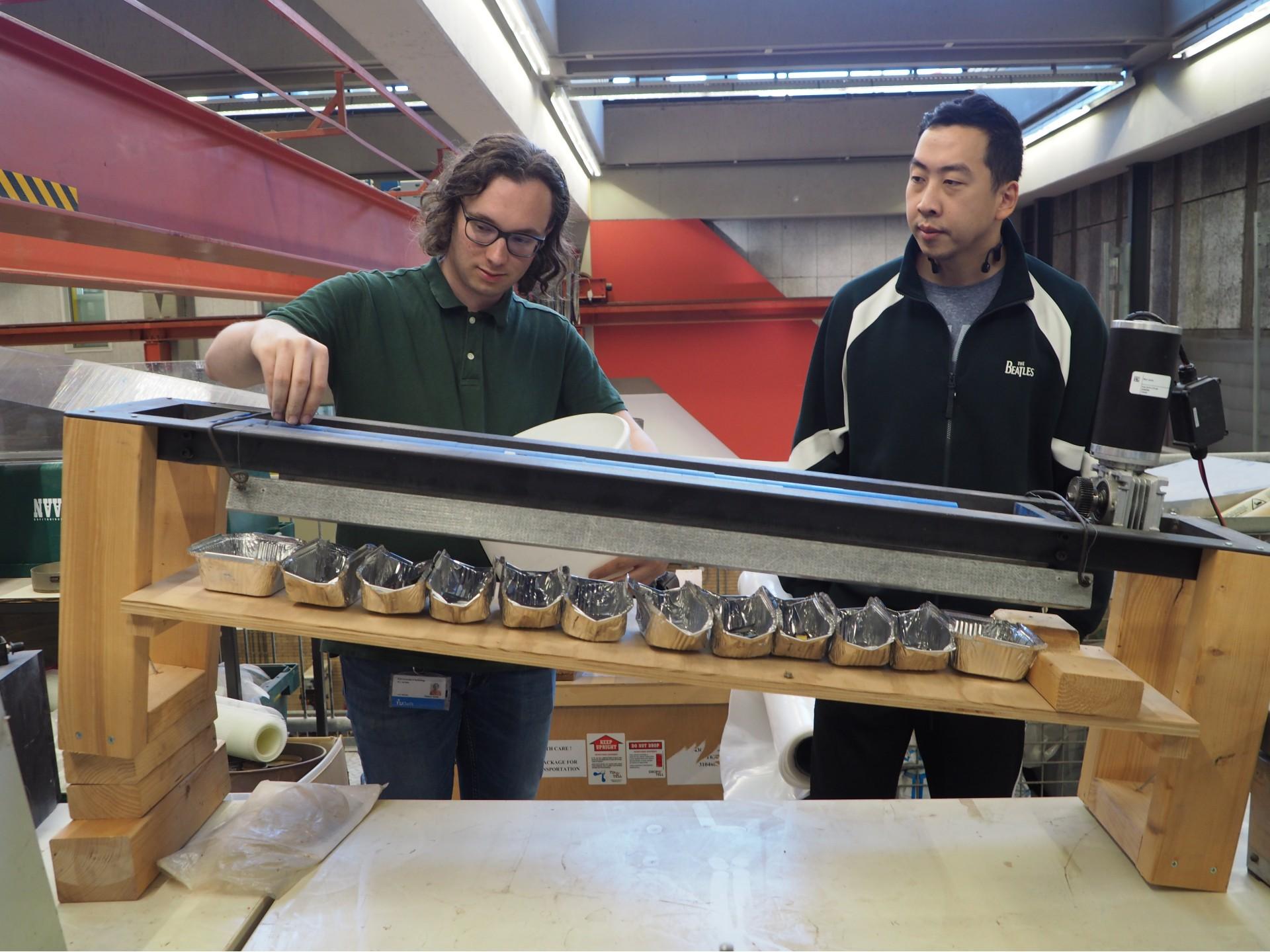
Circular Circuits
In this NWO sustainable waste project, electronic components are separated from printed circuit boards. Researchers from Civil Engineering in Delft, ecologists from the Centre for Environmental Sciences in Leiden and business experts from the Rotterdam School of Management in Rotterdam are working on this.
You can have the best technology, but without an effective business model to take it to market, it will not succeed.'
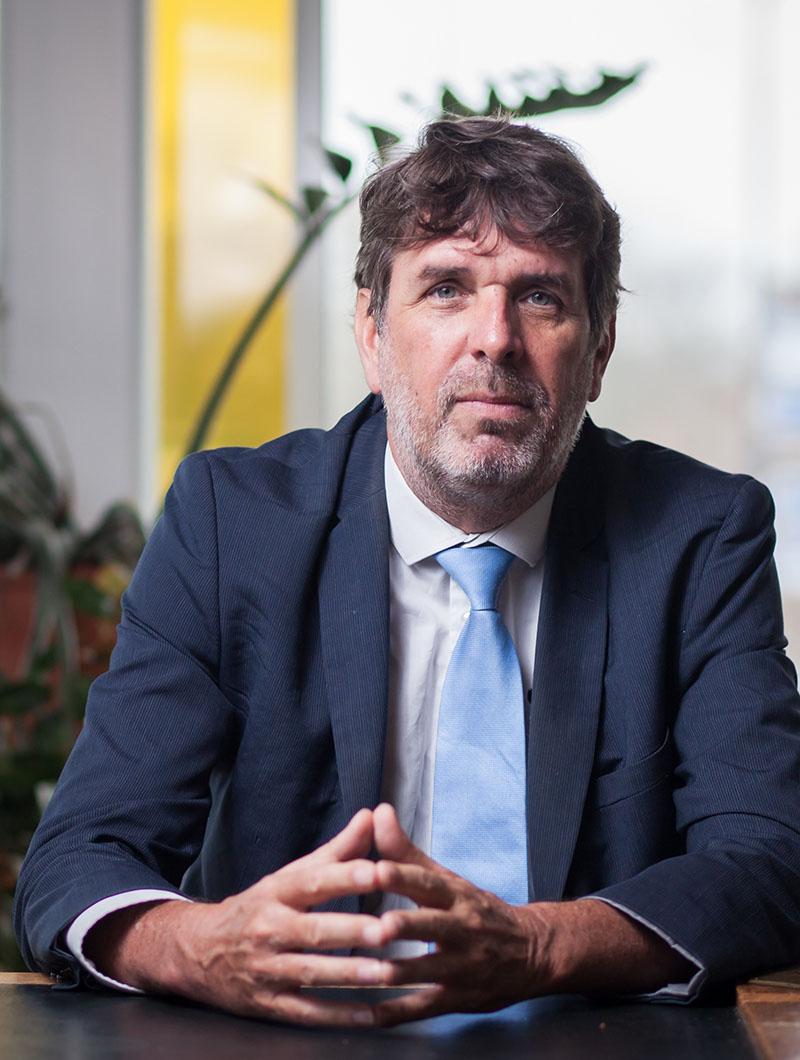
Arnold Tukker, who coordinates the waste project as professor of industrial ecology at Leiden, is also director of the Leiden-Delft-Erasmus Centre for Sustainability and explains how the partners complement each other. ‘Leiden provides the generic knowledge and system analyses, Rotterdam translates that knowledge into workable management models and Delft develops the technologies and designs.’
According to Tukker, cooperation is essential: ‘You can have the best technology, but without an effective business model to take it to market, it will not succeed. This leaves many sustainable innovations stranded.'
